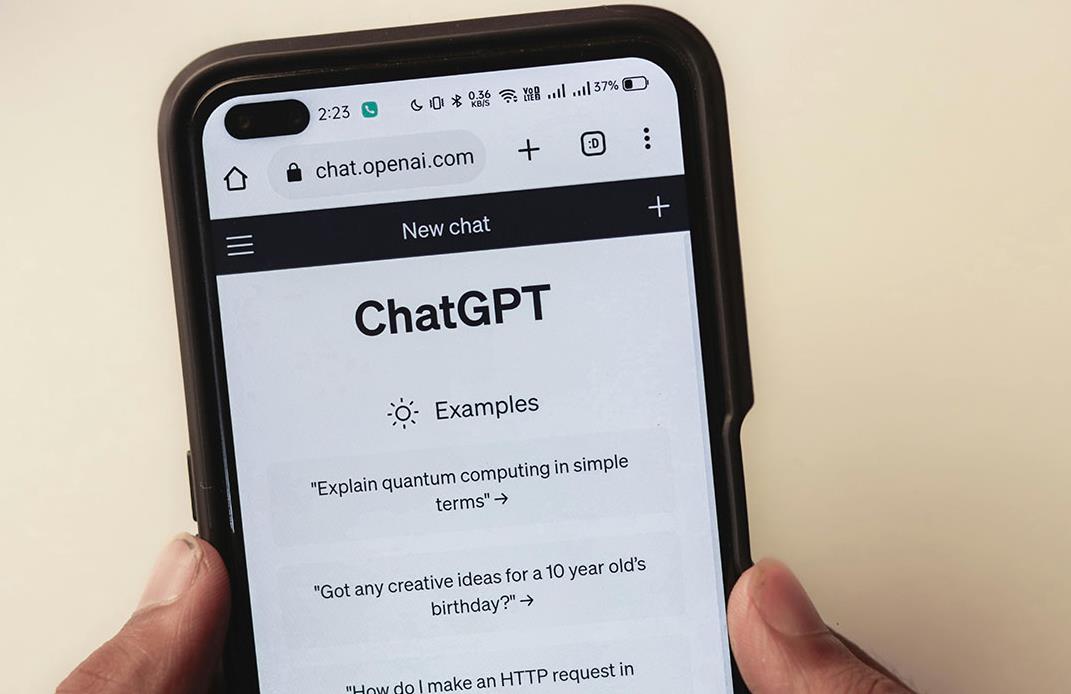
According to reports, artificial intelligence research institute OpenAI has recently been considering upgrading its subscription service. Yesterday, Tech Media reported a groundbreaking paid option hidden in the development code. According to reverse engineering by social platform user @M1, the new version of the ChatGPT client incorporates the functional modules of "weekly subscription" and "lifetime subscription", which may fundamentally change the existing billing system.
The current paid user service "ChatGPT Plus" is offered for $20 (about 145 yuan) per month. According to code information, the development team is considering a flexible billing cycle that combines annual contracts, weekly plans with undetermined prices, and lifetime memberships. It is worth noting that the enterprise service "ChatGPT Pro" currently only supports monthly billing, even though it costs $200 per month.
According to technical documentation, the new plan will entail a major overhaul of the account system. The development log states that "all subscription cycles will be displayed when upgrading to Plus," and weekly/lifetime subscription types have been added to the database, but the specific pricing strategy has not yet been reflected in the system. Sources point out that this feature may be intended to compete in the market with Google's "Google One AI" annual plan.
The engineering code also revealed modifications to the subscription management infrastructure. Automatic renewal settings with different cycles and cross-period rights linking functions are being implemented, and design elements of a "lifetime member badge" were also confirmed on the test screen, but the terms of use and scope of authority have not been determined.
OpenAI has not issued an official statement on the code leak. Industry insiders point out that the growth rate of corporate subscription contracts has slowed since March 2024, and speculate that this is a strategic shift aimed at acquiring individual users. According to third-party monitoring data, ChatGPT's daily active users worldwide have exceeded 280 million, and the paid user rate remains at around 7%.